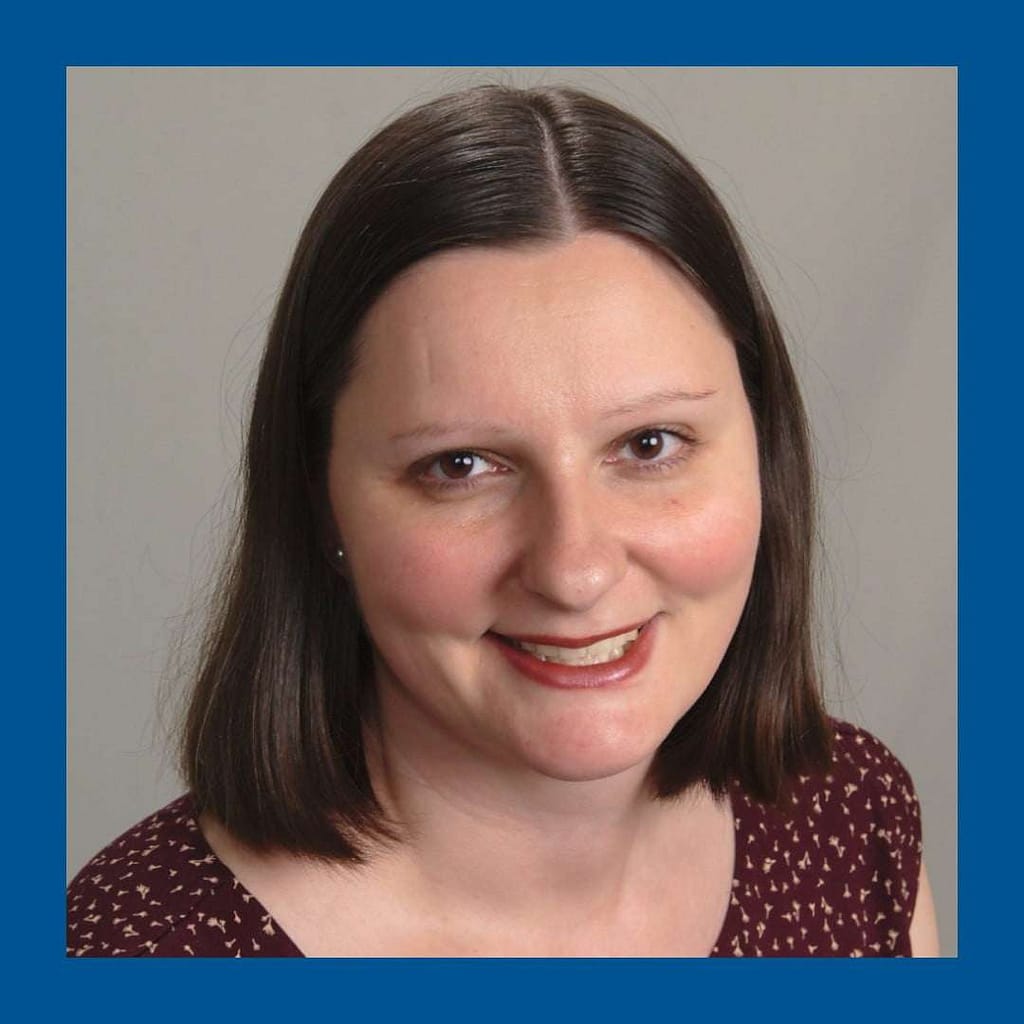Getting Involved in Science Policy After Graduate School With Adriana Bankston (Rerun)

b"This week on Papa PhD and to mark the end of the year, I share with you the first of a series of three of the most popular episodes of the show since the launch, in 2019.
\\n
\\nIn this early conversation with Adriana Bankston, we covered her experience going through graduate school, but also how she started preparing for a career pivot early on. We then went deeper into the specifics of entering the science policy space, and of how Adriana navigated that transition after her PhD in biochemistry.
\\n
\\n
\\n
\\nAdriana Bankston is Principal Legislative Analyst at the University of California Office of Federal Governmental Relations in Washington, DC. Prior to this position, she was a Policy & Advocacy Fellow at The Society for Neuroscience (SfN), where she provided staff support for special and on-going projects, including SfNs annual lobby event and the society\\u2019s annual meeting. In addition to working at UC, Adriana also serves as the Director of Communications and Outreach for the Journal of Science Policy and Governance (JSPG) and is an Associate Member of the Public Policy Committee with the American Society for Cell Biology (ASCB). For the past several years, Adriana has also been an active member in the non-profit organization Future of Research (FoR), where she is currently the Vice-President and has previously served as the Associate Director of Fundraising and Strategic Initiatives. Adriana received her B.S. in Biological Sciences from Clemson University and her Ph.D. in biochemistry, cell and developmental biology from Emory University.
\\n
\\n
\\nLeave a review on Podchaser !
\\n
\\n
\\nSupport the show !
\\n
\\nAdriana Bankston's Pearls of Wisdom:
\\n\\u201cWhen you\\u2019re in academia, everyone is a PhD, and everyone is like you, but when you\\u2019re here, it\\u2019s not, because most people in the office have totally different backgrounds, which is really interesting \\u2013 you get to work with people who are from different worlds and all work together in this space. And having that research background is useful.\\u201d
\\n\\u201cTake advantage of university resources that exist or create them, if you can. Get involved with things that you\\u2019re interested in nationally, if there is an organization, which there probably is. Or talk to people who have jobs that you want to do.\\u201d
\\n
\\n\\u201cI think you have to just have that mindset that your career is as important as your bench work, and that\\u2019s something you have to cultivate over time. It\\u2019s going to take a while to build your CV for whatever you want to do, if it\\u2019s not academic, so start early during your PhD.\\u201d
\\n
\\n\\u201cA lot of jobs work through networking, so if you can get your name out there and people know that you are interested, and you\\u2019ve started building your CV, then once you apply for the job, you\\u2019re a little more ahead than other people. Because you can imagine that tons of people apply for the same job. So thinking about what it is that will make you stand out, but being able to have a network and people know you already before you apply, or when you apply.\\u201d
\\n
\\nAdriana's links: Adrianabankston.com; Twitter: @AdrianaBankston; www.LinkedIn.com/in/adrianabankston; www.futureofresearch.org; www.sciencepolicyjournal.org; louisville.edu/medicine/grad-postdoc/craft-seminar-series.
\\n
\\nNOTE: This post represents Adriana Bankston's personal views and not the views of her employer (University of California).
\\nThank you, Adriana Bankston!
\\nIf you enjoyed this interview with Adriana, let her know by clicking the link below and leaving her a message on Twitter:
\\n
\\nClick here to thank Adriana Bankston on Twitter!
\\n
\\nClick here to share your key take-away from this interview with David!
\\nThis episode\\u2019s resources:
\\n
\\n \\tAdriana Bankston | LinkedIn
\\n \\tAdriana Bankston | Twitter
\\n
\\nYou might also like the following episodes:
"